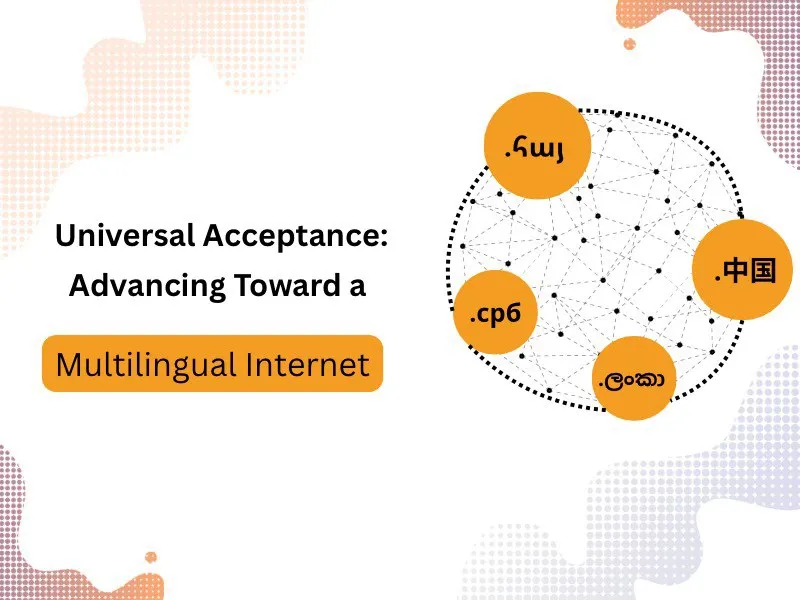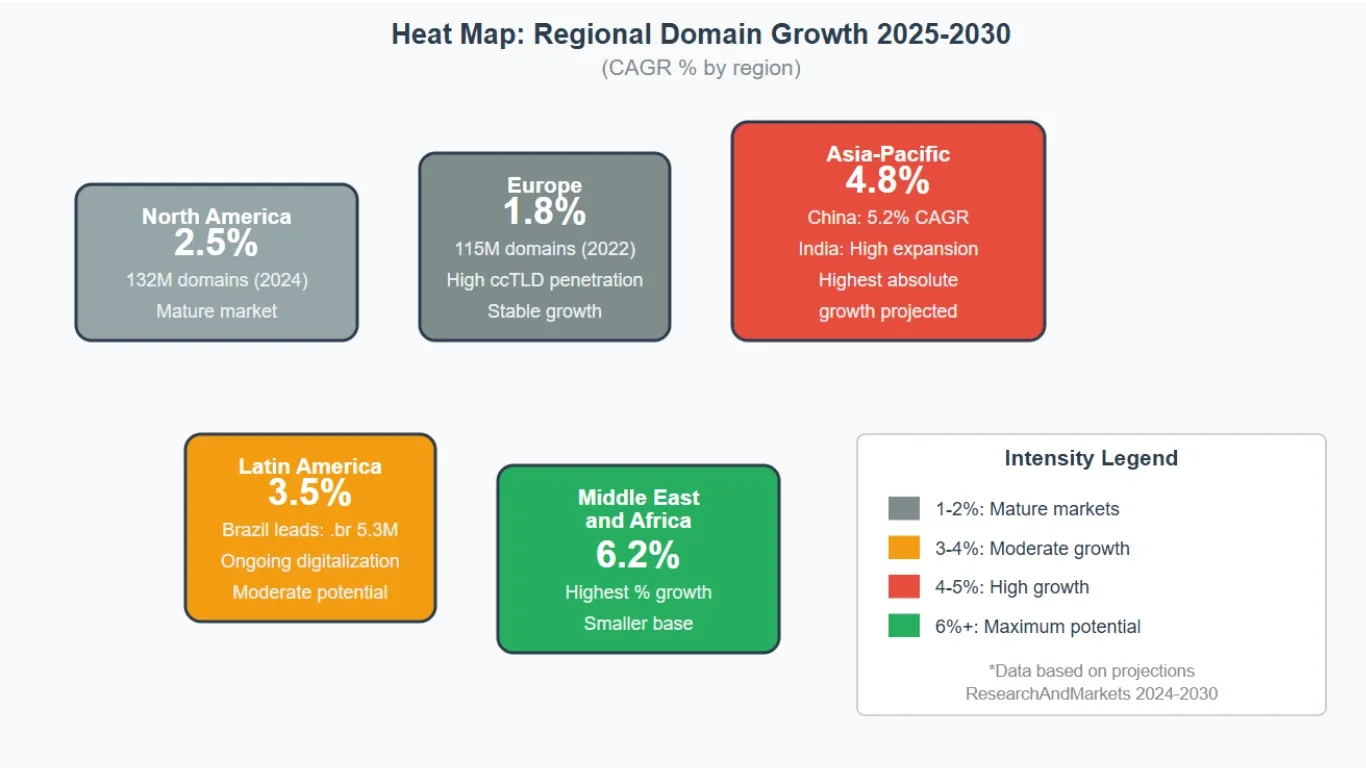The volume of data circulating in the digital space is growing at an unprecedented rate each day. As a result, establishing secure and controllable internet connections is becoming increasingly important. Proxy servers play a vital role in achieving these objectives. By acting as intermediaries between users and the internet, they provide an additional layer of security, helping to ensure anonymity, protect confidentiality and grant access to restricted content.
Proxy servers can be categorized into several main types:
- Forward Proxy – used by the user to access external resources. Hides the user’s IP address.
- Reverse Proxy – installed by the server and controls user access to internal services. Used for traffic distribution, security enhancement and content filtering.
- Transparent Proxy – a proxy that is “invisible” to the user, used by Internet Service Providers (ISPs) or organizations without the user’s active participation or even knowledge.
When used appropriately, this essential internet tool enhances communication security by reducing the risk of personal data leaks, cyberattacks and malicious redirects.































